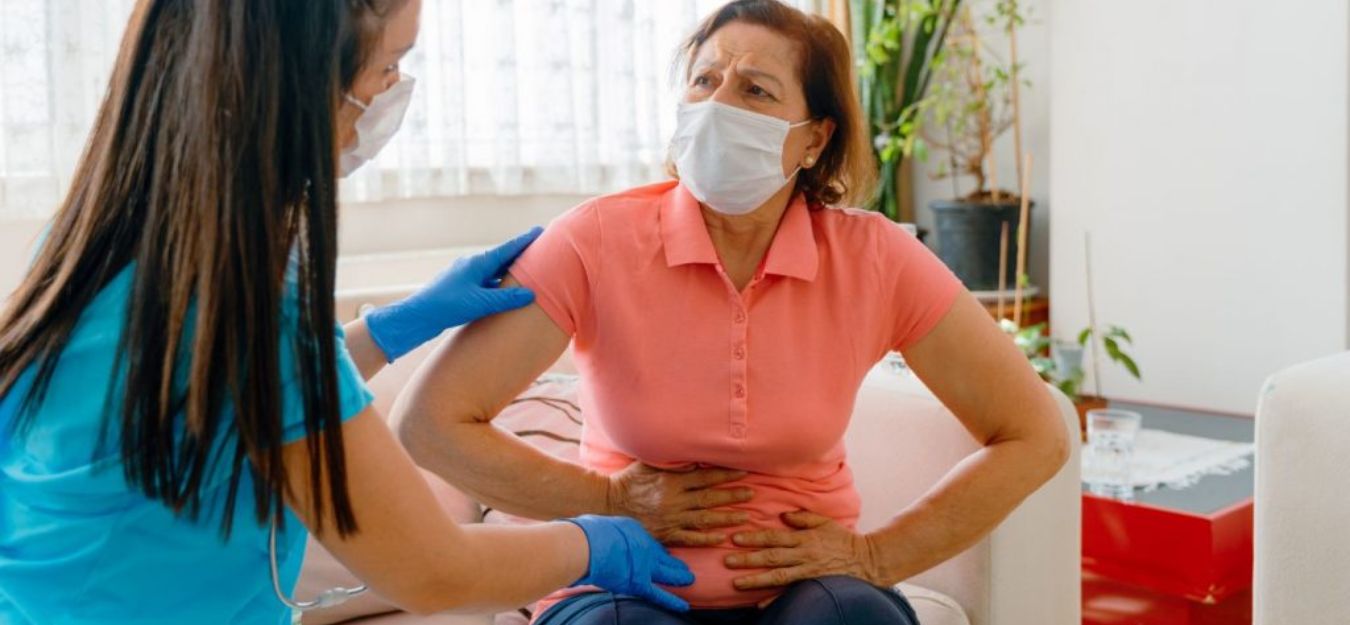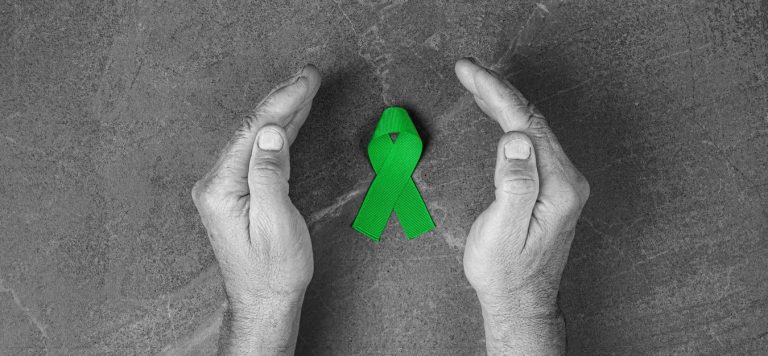Early Red Flags
While it's rarer than many other forms of cancer, stomach or gastric, cancer will still affect over 26,000 Americans this year, according to the American Cancer Society. The exact cause of stomach cancer is unknown, but diet and lifestyle may play a role. Your family history should also be considered; if your parents or other close relatives have had or currently have stomach cancer, you may be at a higher risk. Be proactive about your health. Stay active, eat well and avoid smoking; these are positive and critical lifestyle choices that will help you to reduce your stomach cancer risk. Let's take a look at the early signs of stomach cancer.
What are My Risks of Developing Stomach Cancer?
Some of us may be at a higher risk of developing gastric cancer. For example, if you are a man aged 55 or older and are a smoker, your chance of stomach cancer may be increased. Similarly, if you eat a diet high in red or processed meats and highly salted foods, your risk may also be increased. Another risk factor that may be beyond your control is a stomach infection; if your stomach is infected with H. Pylori or the Helicobacter pylori bacteria, you may be at an increased risk.
It's important to remember that gastric cancer can affect anyone at any age, even in the absence of these risk factors. Living a healthy lifestyle that relies on being active every day, sound nutrition and lowered stress levels is beneficial for your overall health as well as reducing your risk of many forms of cancer.
What are the Signs that I Should be Watching For?
We all have an upset stomach from time to time, and this doesn't mean cancer! In addition, many of us live with conditions such as Irritable Bowel Syndrome, Crohn’s Disease or acid reflux that can present with a variety of unpleasant and painful gastric symptoms. Similarly, stomach cancer symptoms can be vague and can mimic other disease processes or even be benign symptoms.
When the early symptoms of gastric cancer do arise, you should take immediate action by contacting your healthcare team. This is particularly true if the symptoms are new, unexpected or cannot be explained by other causes. You know your body best, so check in with your doctor if something feels off.
Unfortunately, early-stage stomach cancer can also present without any symptoms at all; once it becomes more advanced, other symptoms may arise. Therefore, consider these early symptoms of gastric cancer as warning signs, ones that you should heed. This is particularly important during the early stages; the sooner a diagnosis can be made, the sooner life-saving treatment can be started. Conversely, ruling out stomach cancer can allow you to address the symptoms based on whatever else may be causing them.
Noteworthy Signs of Stomach Cancer You Shouldn't Overlook
Firstly, watch for a nearly constant feeling of indigestion. This may be accompanied by being gassy or needing to burp. Many individuals also experience painful heartburn. These symptoms may be due to many other health issues, so let's review some other symptoms that may also be occurring, which may mean stomach cancer.
Secondly, reflect on how you feel during and right after eating a meal. Do you feel full rather quickly? Do you feel bloated? While eating, do you have any trouble swallowing your food? These are symptoms that may indicate that gastric cancer is present.
Thirdly, these are some more serious symptoms and ones that will likely grab your attention. For example, in the early stages of stomach cancer, you may feel nausea and sometimes pain in your belly or breastbone region. A more uncommon but dire symptom is vomiting, especially if the vomit contains blood.
Yet another concerning symptom is weight loss. Weight loss typically occurs when the gastric cancer has advanced. This is unexplained weight loss, which means that while you are not actively trying to reduce weight, you are still losing fat and muscle mass.
You are Experiencing These Symptoms, What Next?
While treatment is available, it's always best to catch cancer at its earliest stages. An early diagnosis of stomach cancer can make a massive difference in your quality of life and your longevity. At the first signs of symptoms, visit your health care professional. They will examine your abdomen for signs of lumps and tenderness.
Your doctor may recommend further diagnostic testing based on these findings and your reported symptoms. These tests may include X-rays, stool sample analysis and blood tests. Other minimally invasive and relatively pain-free tests may also include endoscopy; this is simply a camera attached to a long tube inserted down your throat and into your stomach. You may be given a light sedative to keep you comfortable and pain-free during the procedure. If warranted, the endoscopy procedure may also take a biopsy of your stomach for further testing.
Diagnostic Testing Through CT or MRI
Further diagnostic testing may be done using imaging processes such as CT (computed axial tomography) or MRI (magnetic resonance imaging). If cancer is found, you will be referred to a team dedicated to treating this cancer. This treatment typically consists of a combination of chemotherapy, radiation and surgery. Depending on the severity or type of stomach cancer, one, two or all three of these treatment options may be used. Cancer treatment, including gastric cancer, is usually tailored to the individual based on their entire health status.

